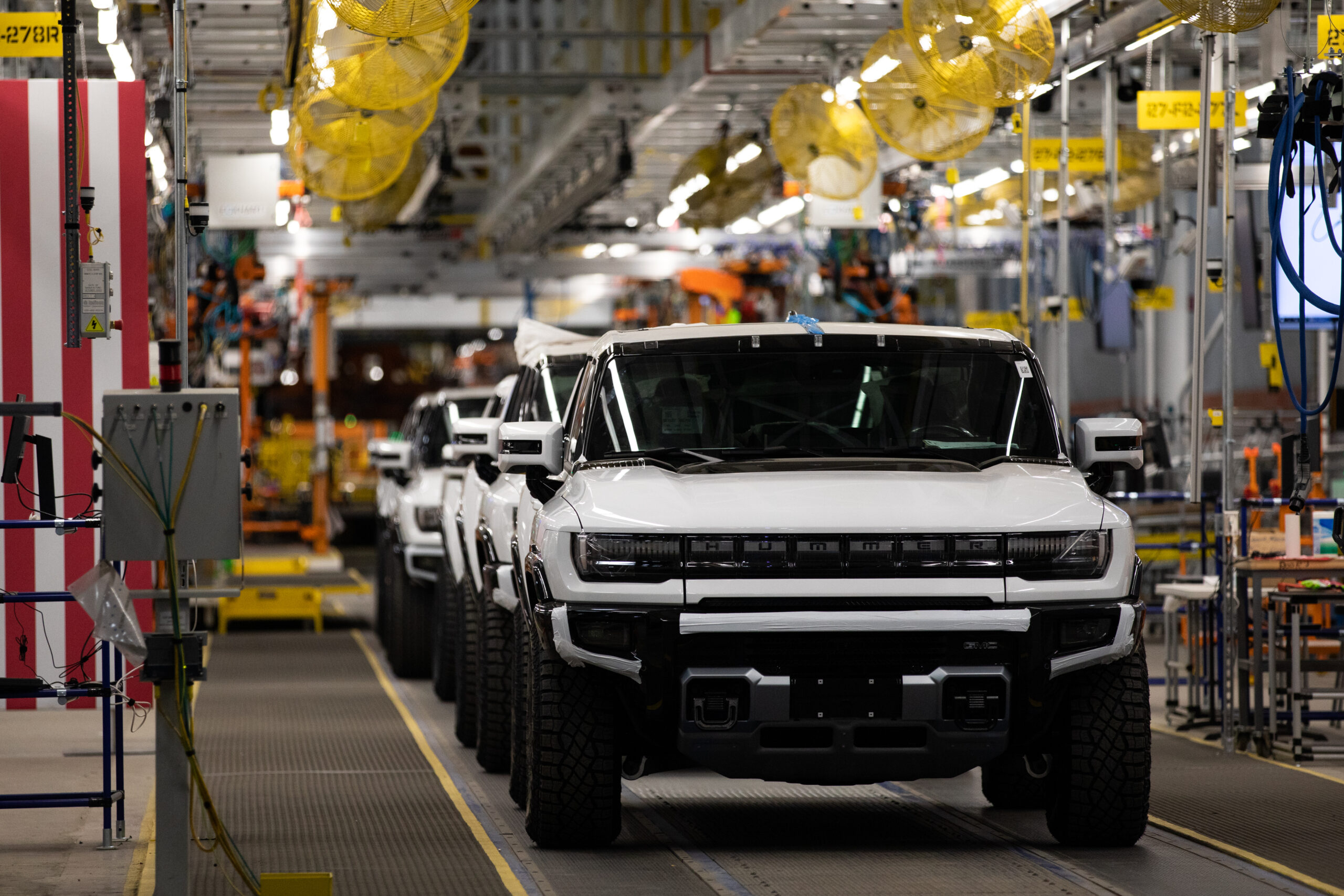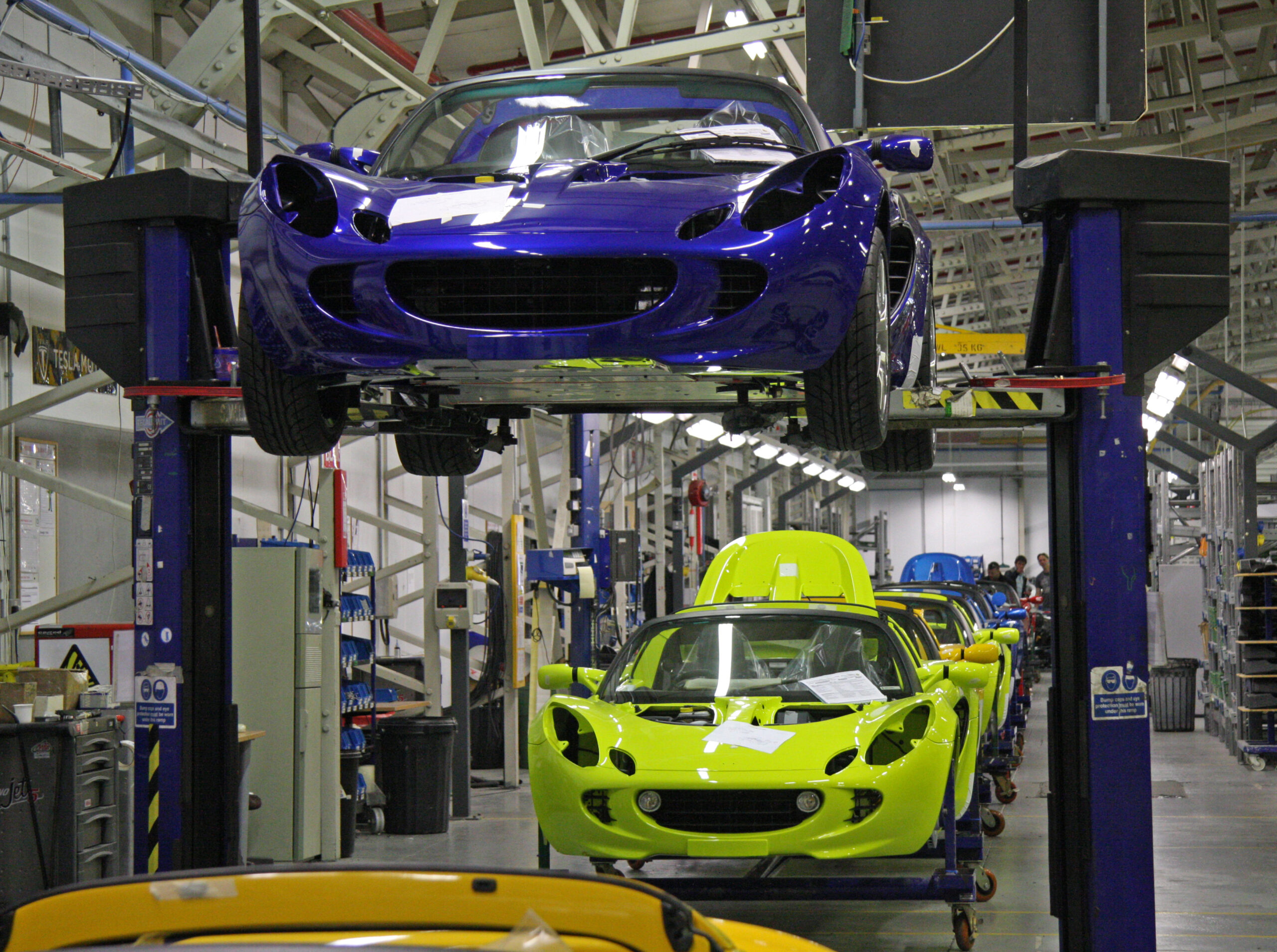General Motors (GM) now claims the second spot in US electric vehicle (EV) sales, announcing it sold 32,000 EVs in the third quarter of 2024.
The automaker surpassed Ford in quarterly sales by 8,600 units, according to Kelley Blue Book, as reported by The New York Times, even as the broader EV market faces slowing demand. Since launching its EV push in 2016, GM has sold over 300,000 electric vehicles in the United States and 370,000 across North America.
The automaker attributes its recent sales growth to advancements in its dedicated EV platform and strategic battery cell partnerships with LG and Samsung SDI. This progress contrasts with Ford’s performance, as the Blue Oval brand navigates production setbacks and financial losses in its Model e division.
James Cain, GM’s executive director of finance and sales communications, highlighted how the company’s investments in EV infrastructure are paying off. Ford, however, disputes GM’s number two ranking, arguing that GM’s combined EV figures across multiple brands inflate its position. Dan Barbossa, a Ford spokesperson, emphasized that Ford remains America’s second-best-selling EV brand, behind Tesla.
Tesla maintains a dominant lead, with over 5 million vehicles sold since 2008. But GM’s expanding EV lineup, featuring models like the Chevy Silverado EV and Cadillac Lyriq, is carving out market share. Many of these models qualify for the $7,500 federal tax credit, adding to their appeal. The updated 2025 Chevy Silverado EV boasts a 492-mile range, while the affordable Chevy Equinox EV offers 315 miles per charge, addressing range concerns for consumers.
Challenges Ahead for GM
Despite recent gains, GM’s goal of producing 1 million EVs by 2025 remains uncertain. Factors like high interest rates and charging challenges have tempered initial enthusiasm. Still, GM expects to turn a profit on EV sales by year’s end, while Ford has paused production on the F-150 Lightning and canceled future projects amid mounting losses.
In a crowded market, GM’s ability to capture attention with long-range models and Tesla Supercharger compatibility has proven crucial. The automaker’s strategy and diverse EV lineup may help it stay competitive, but whether it can maintain momentum remains to be seen.













